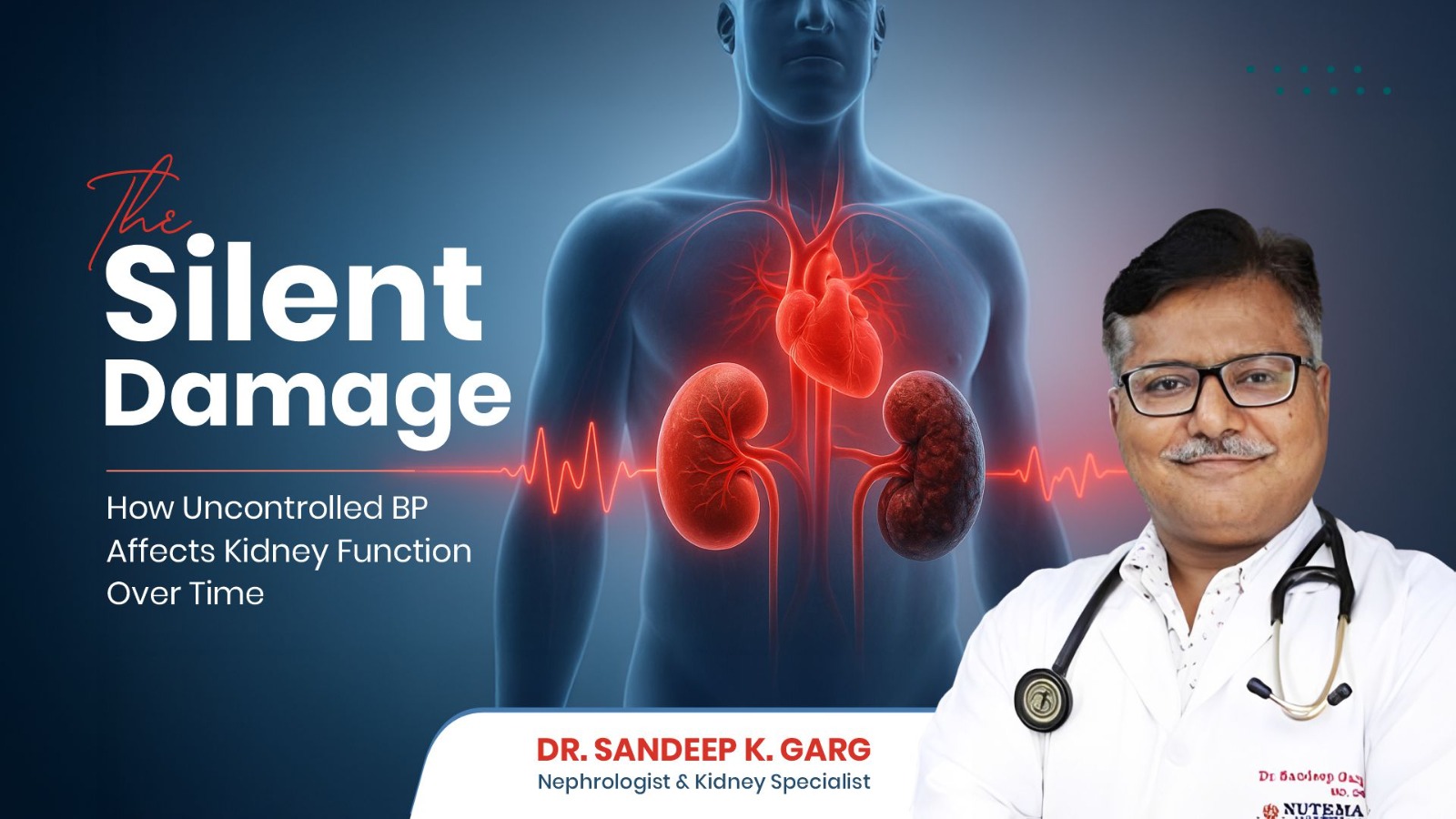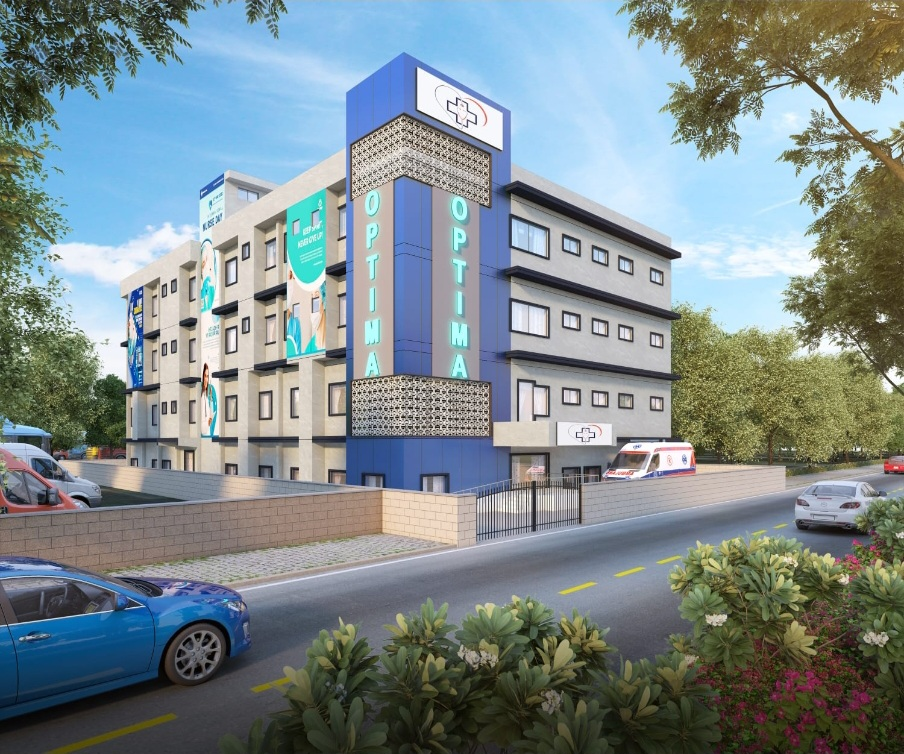
Uncontrolled blood pressure (BP) is a major but often silent threat to kidney health. People commonly associate high BP, also known as hypertension, with heart attacks and strokes, but its long-term impact on kidney function is frequently overlooked. Understanding how BP affects kidneys can empower patients to seek early intervention, helping them avoid chronic kidney damage and related complications.
How Uncontrolled BP Harms the Kidneys
Blood pressure refers to the force of blood pushing against artery walls. High BP can constrict and damage blood vessels, not only in the heart and brain but also in the kidneys. The kidneys rely on a dense network of blood vessels to filter wastes and balance fluids. When high BP persists, these vessels gradually become narrow and stiff, resulting in reduced blood flow to kidney tissues.
As kidney blood vessels weaken, the organs lose their ability to filter toxins, fluids, and electrolytes effectively. This can lead to a dangerous cycle: damaged kidneys raise BP even further by causing fluid retention and overproduction of hormones that control pressure, which aggravates kidney impairment over time.
The Relationship Between BP and Chronic Kidney Disease
Hypertension is the second leading cause of chronic kidney disease (CKD)—a progressive loss of kidney function with potentially life-threatening outcomes. According to recent research, people with uncontrolled high BP are significantly more likely to develop CKD. In India and globally, millions are affected by both conditions, often without early warning symptoms. This lack of symptoms in early stages makes regular monitoring vital for kidney health.
CKD advances quietly but steadily, often resulting in symptoms such as swelling, fatigue, and difficulty concentrating only when damage is severe. In some cases, the first sign is abnormal lab results or high protein in the urine. Prolonged hypertension can eventually lead to end-stage renal disease (ESRD), which may require dialysis or a kidney transplant to maintain life.
Common Complications from High BP–Related Kidney Damage
- Renal Artery Narrowing: Chronic pressure narrows the arteries leading to the kidneys, restricting blood flow and oxygen.
- Reduced Filtration: Damaged nephrons slow the removal of waste and create fluid imbalances.
- Proteinuria: Damaged filters allow protein to leak into the urine, signaling kidney harm.
- Worsening Hypertension: As kidney function drops, BP becomes harder to control, creating a feedback loop that worsens both conditions.
Key Warning Signs to Watch For
While high BP and kidney disease often progress silently, some warning signs can include:
- Swelling in the legs, ankles, or around the eyes
- Changes in urination, such as foamy urine or the need to urinate more often at night
- Persistent fatigue, nausea, or weakness
- Shortness of breath or unexplained headaches
If you notice these symptoms or have a history of hypertension, it’s essential to consult a kidney health specialist promptly.
Best Practices for Protecting Kidney Health
Preventing kidney damage due to high BP involves regular screening and holistic management:
- Monitor BP: Track your readings at home and share them with a healthcare provider regularly.
- Manage Medications: Adhere to prescribed BP medications and discuss any changes with your nephrologist.
- Healthy Diet: Choose foods low in salt and processed sugars, and ensure adequate hydration.
- Stay Active: Regular exercise can help lower BP and support overall kidney health.
- Avoid Excess Painkillers: Overuse of NSAIDs can raise BP and damage kidney tissues, so always consult your doctor before using them for long periods.
Meerut: Find a Trusted Nephrologist
Residents of Meerut can access exceptional kidney care by consulting the best nephrologist in Meerut. Regular guidance from a kidney health specialist helps personalize treatment and monitor progress, especially for individuals with a history of hypertension, diabetes, or kidney issues.
Conclusion
High blood pressure silently but relentlessly damages kidney function over time, often producing no symptoms until significant harm has occurred. Early intervention, lifestyle changes, and expert monitoring are critical to prevent this hidden threat from leading to kidney failure.
For personalized care and expert advice, visit Dr. Sandeep Kumar Garg, the leading kidney health specialist and best nephrologist in Meerut.
📞 For Appointments: +91 9927600666
📞 For Enquiries: +91 9675600666


